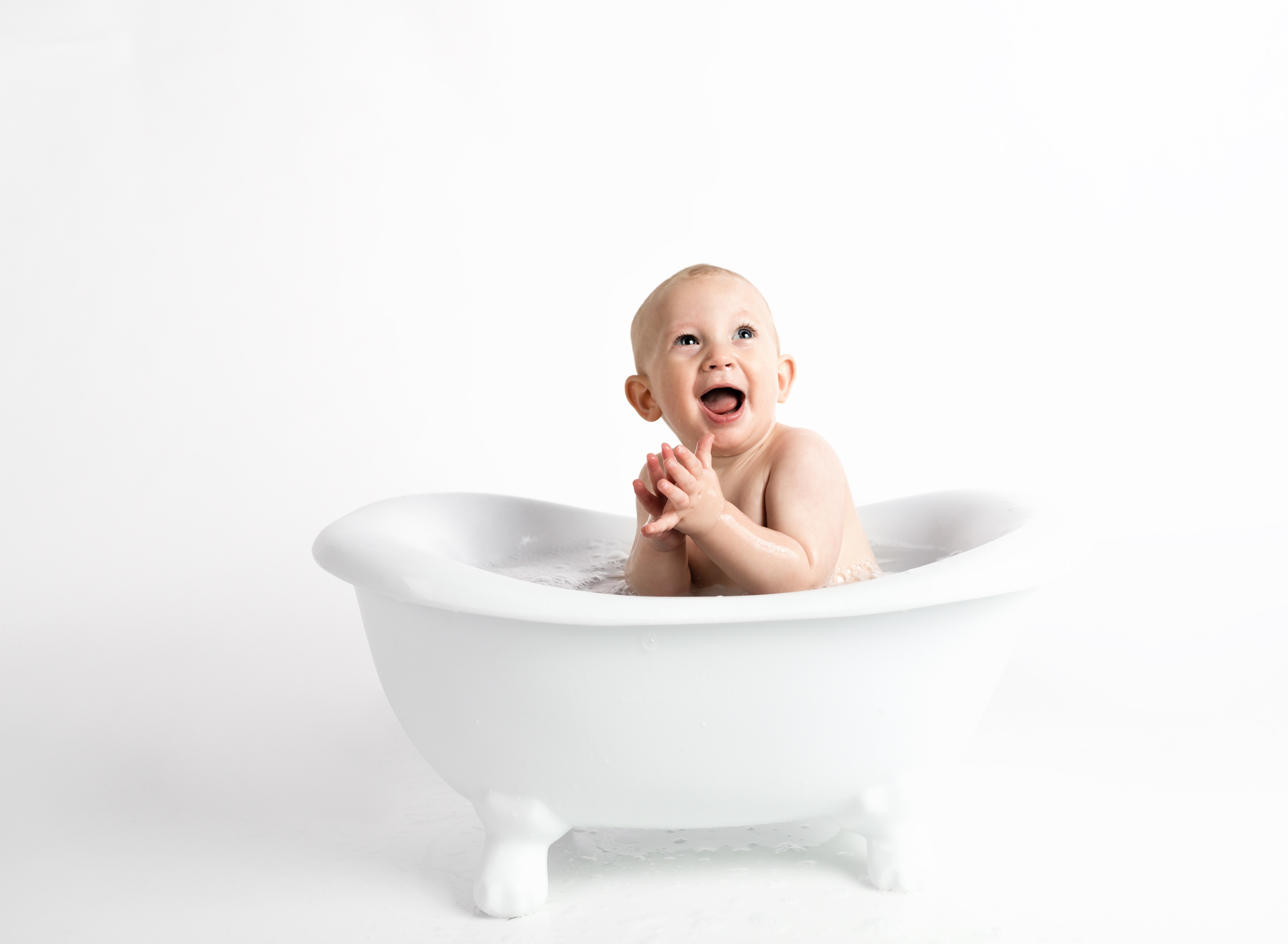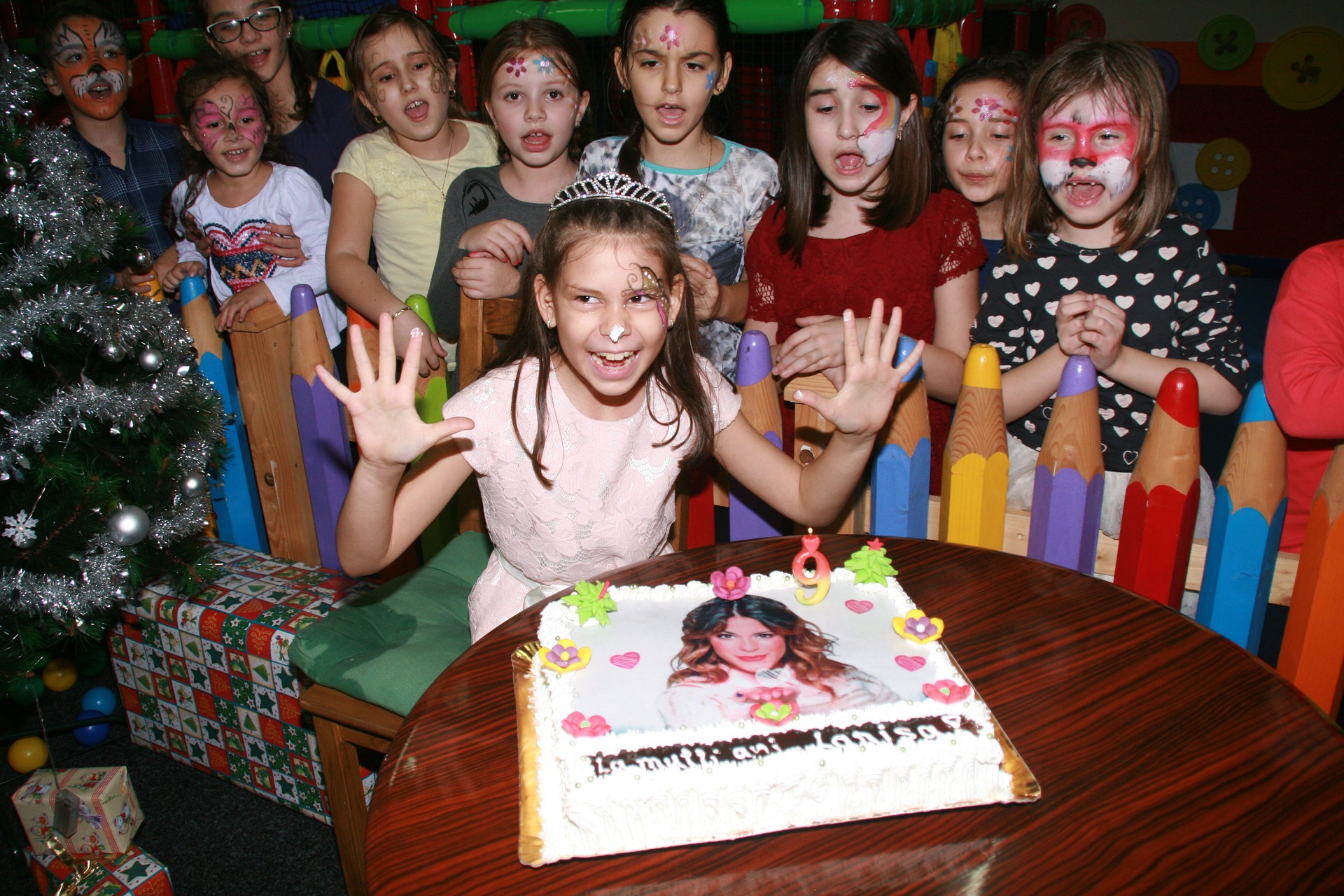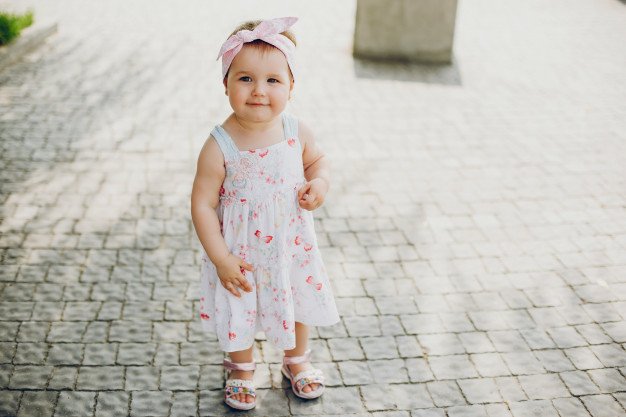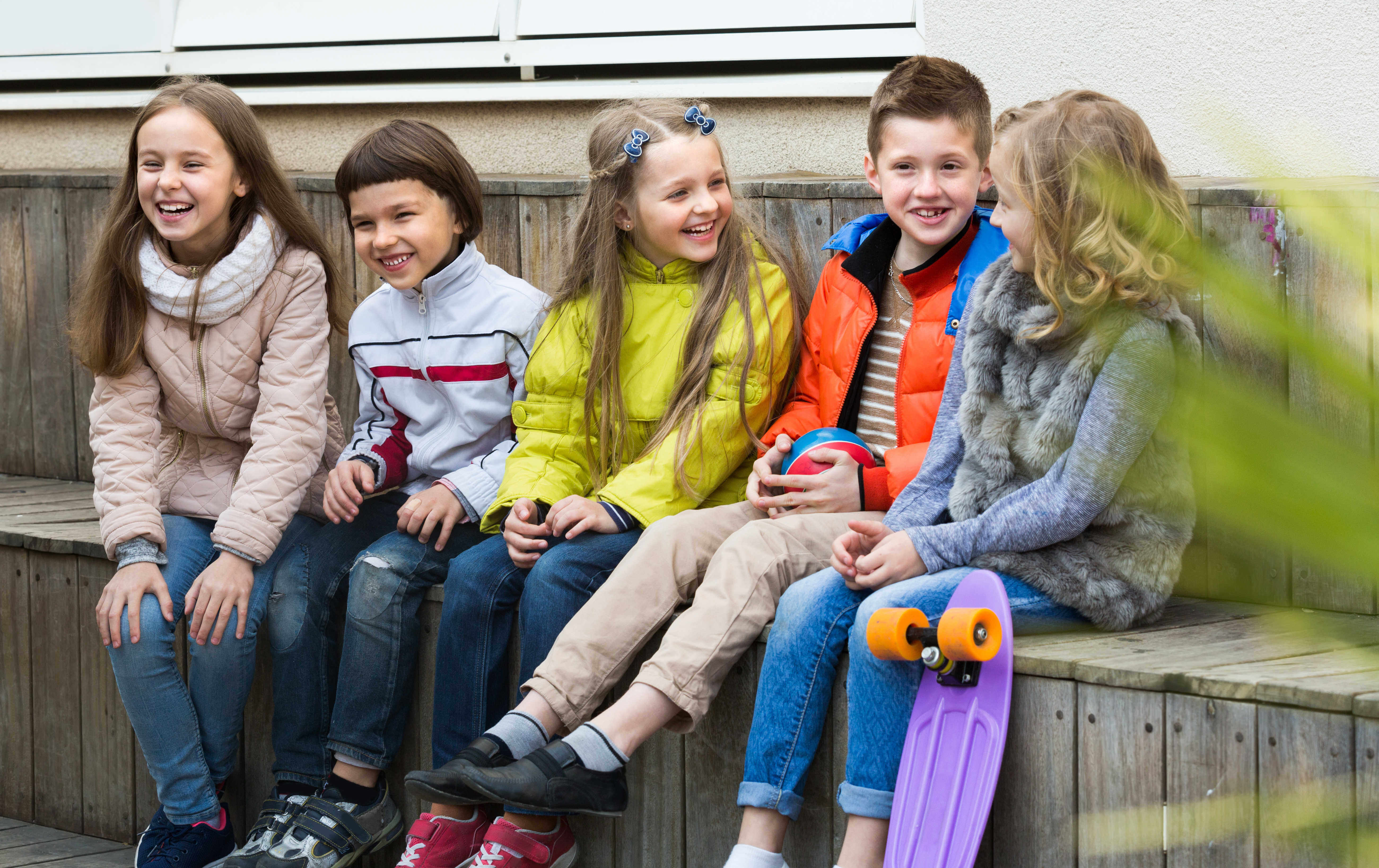Is your baby bump about to pop? Are you excited and happy with your cutest family member? Celebrate and share your joy with friends and family by hosting an amazing baby shower party. If you want to throw the event of the year and avoid the standard routine of pink or blue settings, or standard decorations such as dolls or blue teddies, approach everything differently.
Share your excitement through all the stages of planning the event. Send out the sweetest invitations, beautify your venue with the cuddliest and cutest decorations and serve amazing dishes. You don’t want a snooze–doozie party on your hands. An incredible baby shower party is the best way to embrace your tiny miracle and have major fun. If you take your time and follow our tips, we guarantee that you and your guests will enjoy a breath-taking baby boom party. Make this baby shower an unforgettable event and welcome your little bundle of joy into the world.
Incredibly Useful Tips And Tricks For Your Baby shower Party:
1. First Step Towards Parenthood
Your journey towards parenthood begins now, with your baby shower. It can seem quite tricky but if you follow the right steps, it’ll be a piece of cake. When you’re organizing a baby shower party, consider the invitations, the location of the event, decoration, and cuisine, games, and favors. Create a timeline to schedule different tasks you should complete before the baby boom party.
2. Draft Your List Of Guest You Want To Invite
About three months before the event, by using online tools, draft your list of guests and design the invitations in the cutest styles ever. Use various templates or choose hardcover customized invitations that should include an RSVP request. At the same time, create a gifts registry to share with your guests what non-toxic products you would appreciate on receiving. It’s a great idea to share with your friends and family a registry of non-toxic baby shower gifts that would be useful to you and your baby.
3. Set Up Your Gifts Registry
A unique way of setting up the gifts’ registry is by making an online landing page dedicated to your little bundle of joy. You can play around with different designs and images to generate an adorable online registry. Link to the various sites where your guests can find the products.
Also Read: How To Choose The Best Toys For Your Baby?
4. Decide The Theme Of Your Party
Next, decide on the theme of the party. You have a wide range of variations to choose from including a unicorn theme, Disney theme, rainbows, and magic theme or nature theme. Once you’ve made your choice, set a budget to include food, drinks, games, party favors, and any expenses related to leasing a venue or extra furniture.
5. Start Searching For Games
Around 2 months before your party, send out the invitations and the gifts’ registry and start searching for games such as Spell It, By the Letter, Letter To Bag, or Baloon Pop for you and your guests to enjoy playing at the baby bash. One month before the party, check the RSVP list and confirm who’s coming to the party.
6. Select The Menu For Your Food
Next, decide on the menu of the food you’ll serve and finalize the list of dishes including appetizers, main dishes, and desserts. Consider shaping all food items in forms that reflect the party’s theme. You can order unicorn-shaped appetizers or bake mini cakes showing your favorite Disney cartoon characters on the frosting. A baby shower party can work well in your favor.
7. Make Arrangements For Decorations
One week before the Baby Shower Party of the Year, buy any special decorations which you may have missed, re-check the games supply and make notes about any other items you need. A couple of days before the party, order flowers, buy fresh and organic fruits and vegetables, and re-confirm the availability of your special dishes with the catering firm. On the day before the event, make any last-minute arrangements, decorate the venue and start tagging your friends on social media to get the party mood started.
Now you’re ready to get the Baby Boom party started!
Also Read: 7 Secrets To Make Your Baby Fall Asleep Faster
A Few More Tiny Bits & Pieces:
Whether you’re the Mom-to-Be or the Guest of Honor, a baby shower is a delightful way to celebrate that tiny bundle of joy of yours. Follow your own rules but make sure you plan everything out to the T. It’s more about what you want than about the socialites’ standards of etiquette which are written in stone.
However, to organize a successful baby shower party, consider the main stages of party planning, but add your personal spin on things. Focus on creating entertaining ridiculously cute sceneries so you can share your joy with your friends and family. If everybody’s having a great time and you’re happy, your baby shower will be a great hit.
It’s completely up to you to decide everything about your baby shower party. Congratulations and best of luck. Enjoy your baby shower party and be happy that you’re on your way to becoming a great mom to your adorable baby!
Read Also:






















